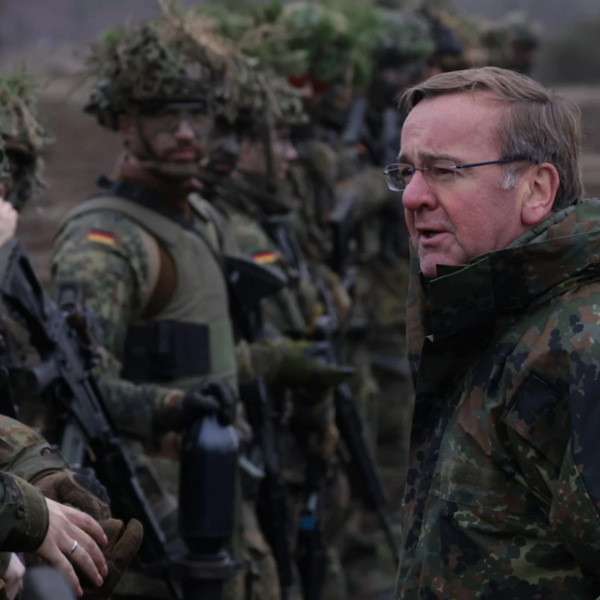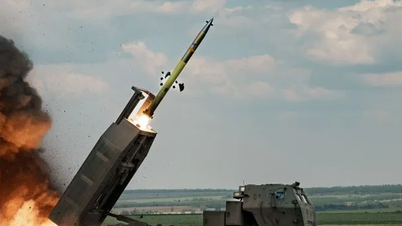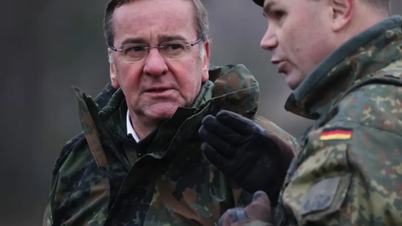German Defense Minister Boris Pistorius on April 4 presented a plan to restructure the armed forces of the Western European country – a key member of the transatlantic military alliance NATO and the European Union (EU).
Speaking at a live-streamed press conference, Mr. Pistorius said that the defense capabilities of the Bundeswehr (German Armed Forces or German Army) will be enhanced by a unified operational command. In addition, the Bundeswehr will be reorganized into four branches with a common support command.
“The goal is to restructure in such a way that the Bundeswehr is optimally positioned even in case of emergency, in case of defense, in case of war,” said Minister Pistorius.
After the restructuring, the German military will consist of the Army, Navy and Air Force – the traditional forces, and a new branch called the Information and Cyberspace (CIR) force, responsible for handling hybrid threats as well as tactical tasks such as electronic warfare.
“The threats in Europe have increased. With this step, we want to make it clear: No one should think about attacking us as NATO territory,” Mr. Pistorius stressed.

A German soldier during a bilateral military exercise between Lithuania and Germany in Pabrade, Lithuania, June 2023. Photo: NY Times
The German official described his plan as “a Bundeswehr of a new era”, adding that the most important decisions on this “overhaul” would be made “in the coming months”.
Previously, the Bundeswehr's command structure was divided between the Operational Command in Schwielowsee near Potsdam, which planned and controlled foreign missions, and the Territorial Command for national defense in Berlin. This dual structure will now be merged.
Mr Pistorius also revealed that he was considering whether to reintroduce compulsory military service in Germany, which was suspended in 2011.
The German minister is looking at the model that Nordic countries are adopting. In Sweden, for example, compulsory military service currently applies to both men and women, and each conscript is expected to serve for 9-12 months.
However, young people are recruited primarily on the basis of their willingness to serve their country. This means that recruitment is in fact voluntary.
Germany aims to have 203,000 soldiers by 2031, but is struggling to attract new recruits. According to the Bundeswehr, the total number of soldiers will fall to 183,050 by the end of 2022, from 183,725 in 2021 .
Minh Duc (According to Anadolu, Politico EU)
Source




![[Photo] Binh Trieu 1 Bridge has been completed, raised by 1.1m, and will open to traffic at the end of November.](https://vphoto.vietnam.vn/thumb/1200x675/vietnam/resource/IMAGE/2025/10/2/a6549e2a3b5848a1ba76a1ded6141fae)
































































































Comment (0)